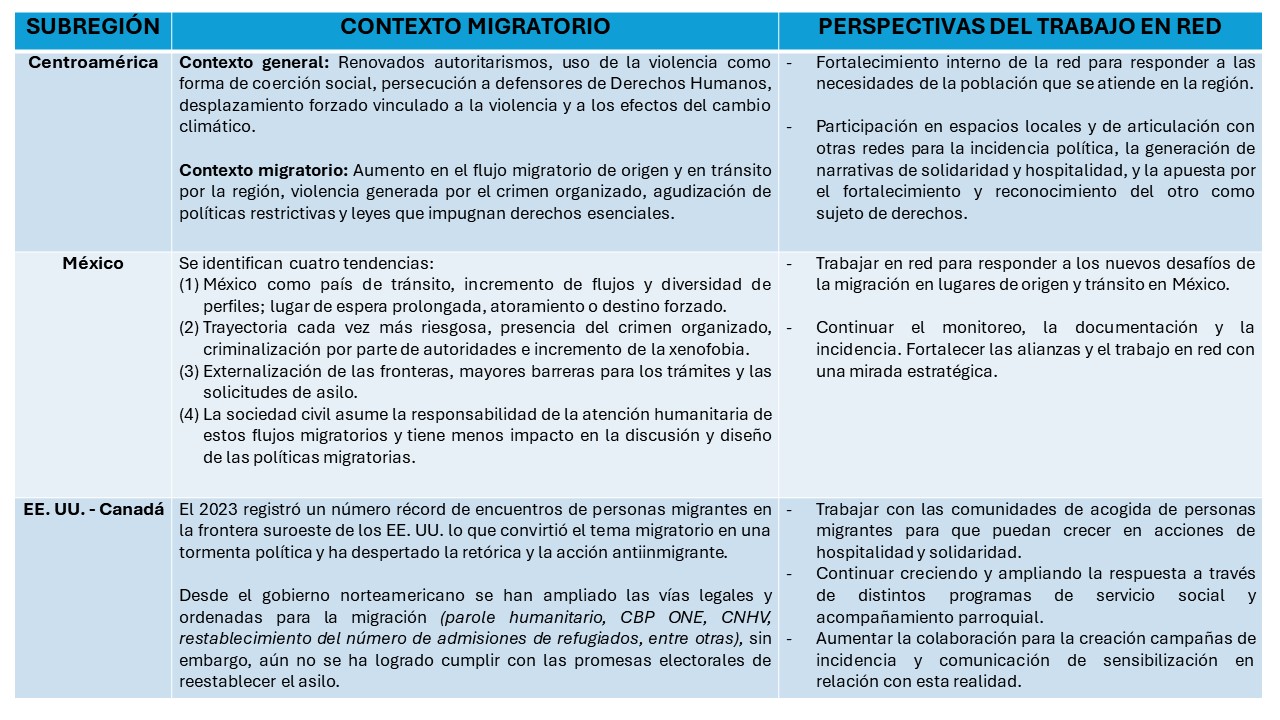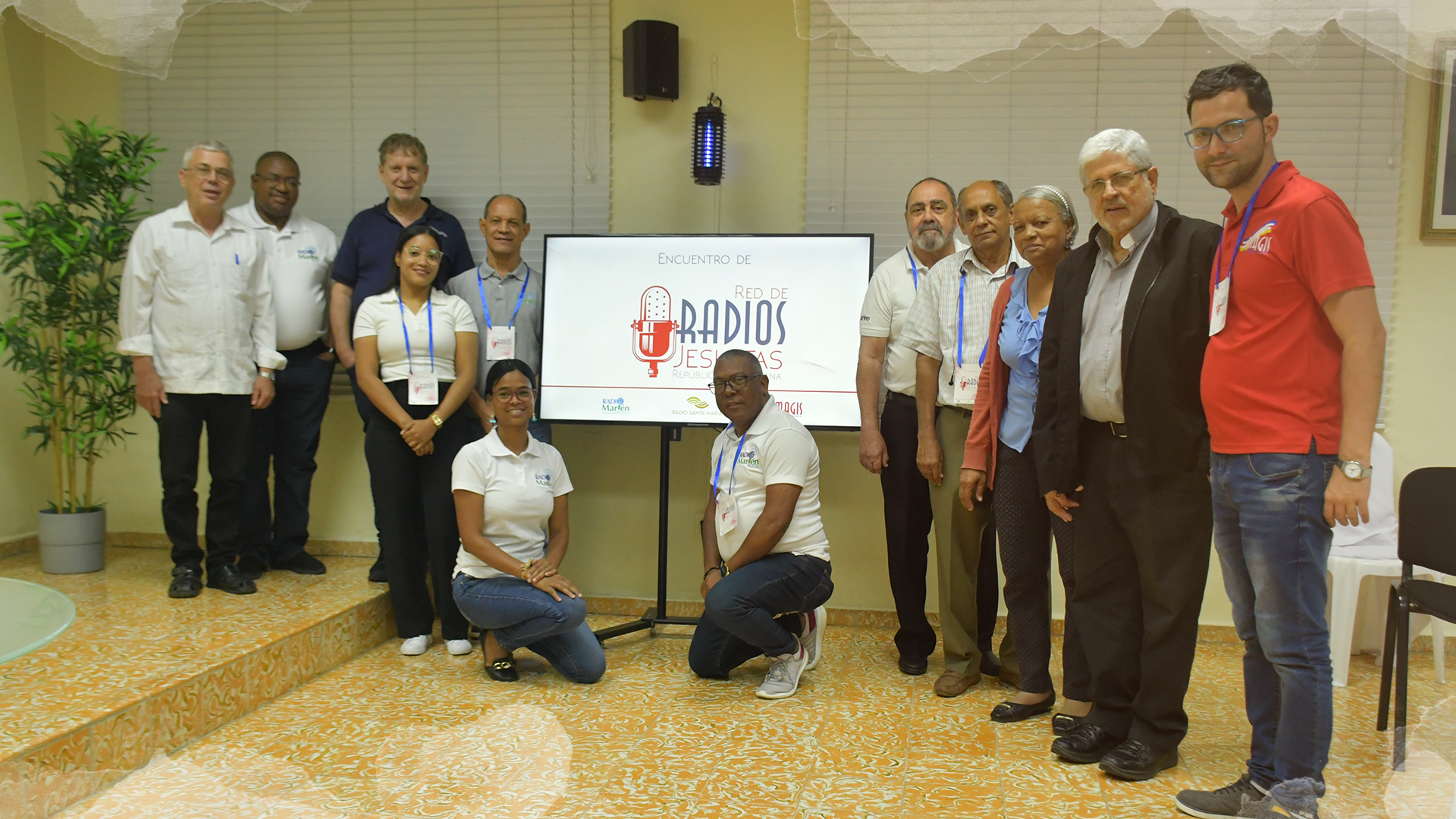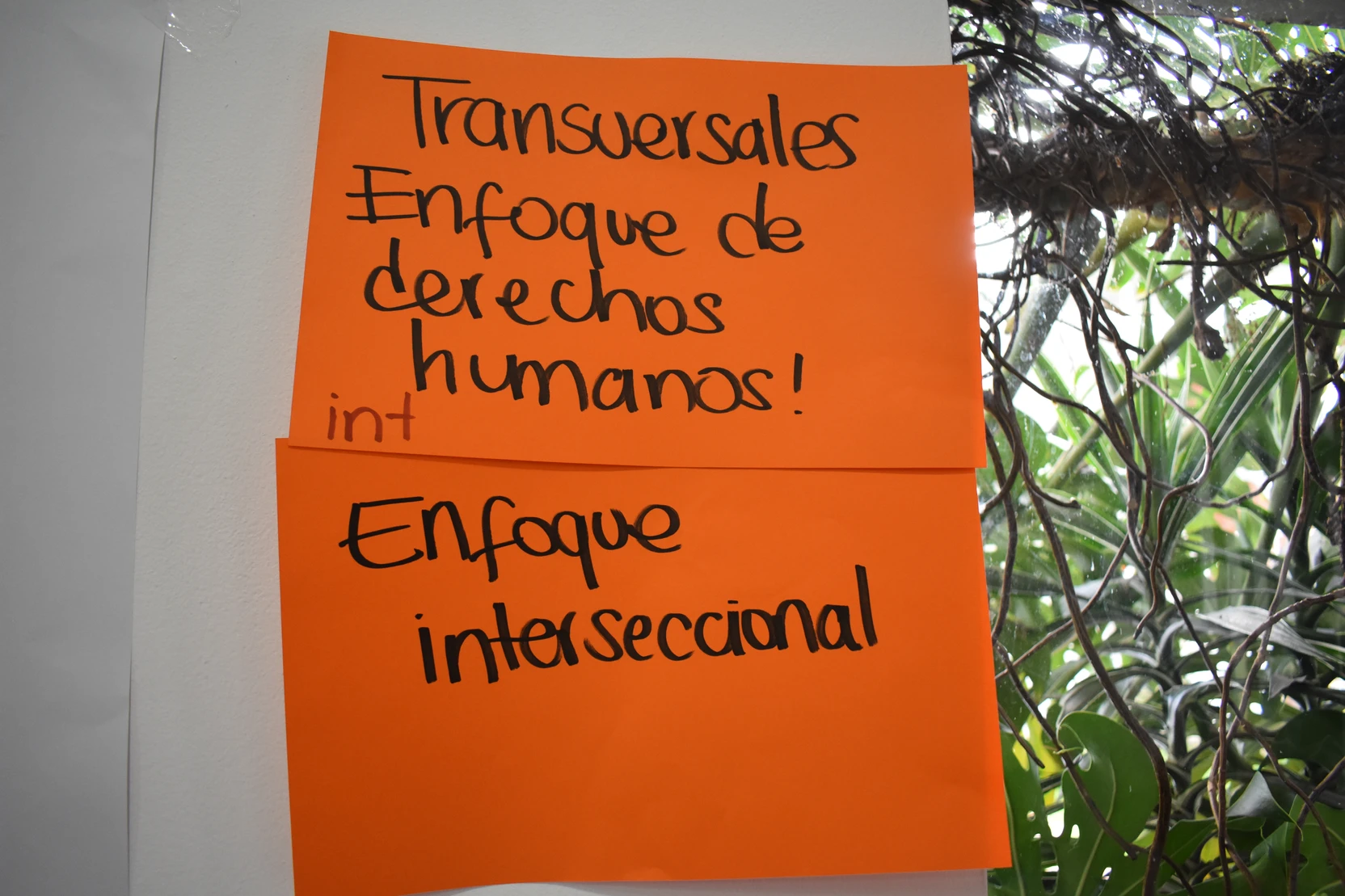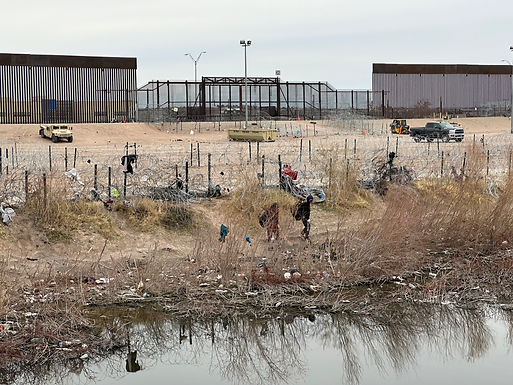Latin America – How Does One Sing to God while in a Foreign Land?
The current situation of emigration could not be more complex; waves of migrants from Venezuela, Colombia, Central America, and Haiti are fleeing like never before. Everyone is trying to transit through the dangerous Darién channel, the passage between Colombia and Panama, rightly called the stopper, designed as a hurdle since ancient times. The keyword for defining the government action is containment. It makes migrants exhausted upon leaving the borders or disperse them, making their progress extremely difficult.
Mexico manifests itself more painfully as the long-running border of the United States. Migrants are learning to present themselves as asylum seekers, not travellers with pressing economic needs. This way, the Mexican government will not deport them. Granted are temporary permits or humanitarian visas extending one's way of the cross. Procedures for obtaining asylum in the United States have become a bureaucratic maze, allowing permission to only a few migrant men or women.
Containment measures do not satisfy far-right groups in the United States. In Texas, the dreaded group, "Army of God," is supported and formed in direct armed action with troops from Florida and Alabama, with the approval of their governors and presidential pre-candidate Donald Trump. The supporters of the ex-president continue to hoist their anti-immigrant flag. The reality of this emigration situation was analysed in detail during the Assembly of the Jesuit Network with Migrants, held on January 30 and 31, 2024, at the Miguel Agustín Pro Center for Human Rights in Mexico City.
The Migrant Shelter in Tierra Blanca, Veracruz, operated by Dolores Palencia, like the one in Tapachula on the border with Guatemala and that of the Kino Initiative on the Border between Nogales and Arizona, reported the waves of Central American and Caribbean emigrants. They resort to forming crowds so as not to be arrested by the Mexican National Guard forces and the employees of the Migration Institute. The Mexican Commission for Aid to Refugee Aid (COMAR) has just two offices in Southern Mexico per its mandate.

The hypocritical side of American immigration policy is that the life of restaurants, Chinese shops, markets, carwash shops and especially the harvest of the fruits of industrial agriculture would die without Latino labour. Undocumented migrants from Mexico total more than eleven million, according to official data. There could be many more, considering there is no official tally. Just consider the Ecuadorians from Cuenca who populate the Corona neighbourhood of Queens, New York. They are the indispensable invisible. They have been eternally established without the protection of the law.
They are those perpetually threatened by the ICE, the institution that expanded the area monitored by Border Patrol in the entire country. They cannot visit their families freely without facing another exodus costing USA$11 thousand and the danger of being arrested. Another hardly analysed fact is the indigenisation of agricultural work. Californian researcher Johnatan Fox had already warned about this earlier in the century.
The apple and cherry pickers in Washington State, south of Seattle, are the Mixtecos de Guerrero, the Nahuatl de Tlaxcala, Norte de Puebla, and the Xilitla and Aztla de Terrazas de la Huasteca Potosina. There, they meet with the Otomies de Texcatepec in the northern mountains of Veracruz and the Amuzgos on the border of Oaxaca and Guerrero.
The Tzeltales, the Tzotziles de Chiapas andthe Nahuatl de Llamatlán, Veracruz go to the fields of the state of Florida for the berry and tomato harvests. And, from long ago, the Cachiqueles and the Quichés of Guatemala. The Zapotecs of the central valleys of Oaxacaand the Ayuuk come to the vineyards of California. The Tepehuas de Chintipán and the Otomíes de Otatitlan del municipio de Tlachichilco Veracruz Otoms gather in the chicken factories in Raeford, North Carolina.

For exponentially growing industrial agriculture companies, indigenous day labourers are simply a resource, among others.
The Ibero-American Jesuit Universities of Puebla and the University of Seattle
and the Jesuit mission in
Huayacocotla, Mexico, published their research on temporary work for indigenous
workers on H2A visas in the Wenatchee Valley, Washington. The investigation
revealed no physical and psychological health care for workers. They live in
the isolation of the orchards. They don't have access to vehicles to go out and
visit. They are exposed to skin and lung diseases because of the amount of
chemicals used in the agricultural industry and other unpublicised evils. There
is no mention of the companies of the dangers of these toxic substances, nor
the awareness of collateral damage. This is confirmed by the Catholic Migrant
Farmworker Network (CMFN) led by Jesuit Thomas Florek.
People in the countries of the South are determined to jump walls and barriers of bureaucracy looking for greenbacks. It's not the American dream; it's the invention of the ideology of white supremacists. But yes, the manifestation of inequality and the dispossession that pushes people to climb North to recover some of the stolen.
According to the Universal Apostolic Preferences, the task for us Jesuits is to be with the discarded, marginalised, discriminated against, forgotten emigrants forced to leave their place pondering, "How does one sing to God while in a foreign land (Psalm 137)?
Alfredo Zepeda González S.J.
Jesuit Mission Huayacocotla, Veracruz, México.
Source: jesuitas.lat









